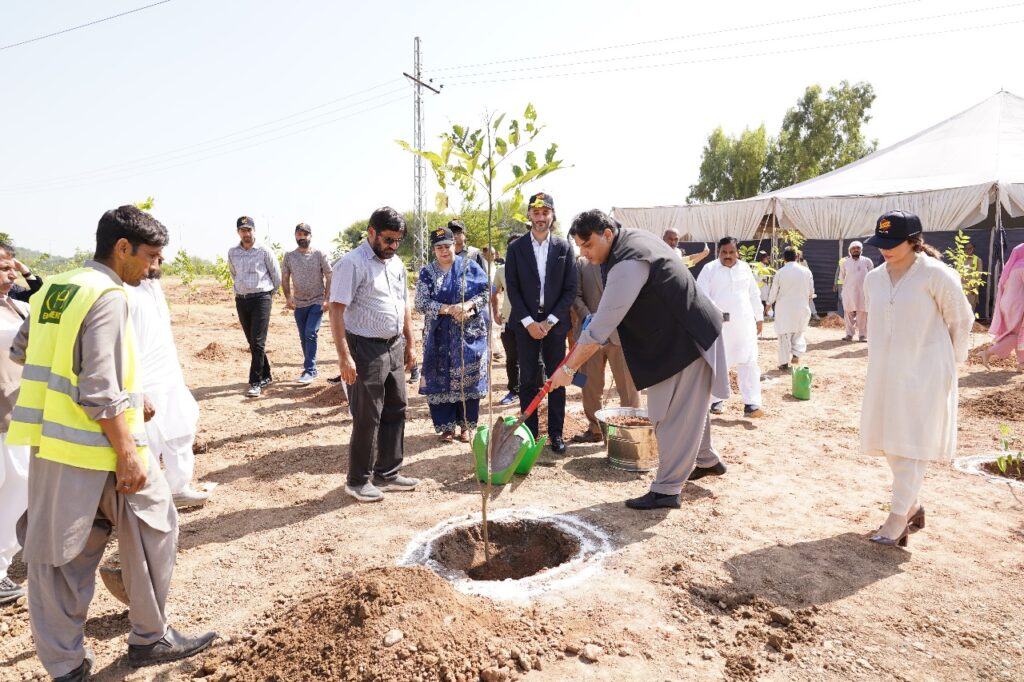Farhan Ali

Islamabad: Continuing its leadership in environmental, social, and governance (ESG) initiatives, Jazz has expanded its Carbon Sink Project in collaboration with the Capital Development Authority (CDA) by planting an additional 8,000 native trees across Islamabad.
The large-scale plantation drive is part of the company’s ongoing commitment to achieving Net Zero emissions and promoting urban ecosystem restoration through nature-based solutions.
With this latest addition, Jazz’s Carbon Sink now comprises 45,760 trees, collectively capable of sequestering over 1,308 tonnes of carbon dioxide annually, including 11.45 tonnes from the new plantation. The initiative not only offsets carbon emissions but also contributes to urban forestry, helping mitigate heat, restore biodiversity, improve air quality, and prevent soil erosion and groundwater depletion.
In recognition of its broader social impact, Jazz was recently awarded the Shaukat Khanum Excellence Award on Corporate Social Responsibility, acknowledging its sustained contributions to cancer treatment, research, and healthcare accessibility in Pakistan.
Commenting on the achievements, Zaheer Mehdi, Group Chief Corporate and Regulatory Affairs Officer at Jazz, said:
“These recognitions reflect Jazz’s holistic approach to ESG — where our responsibility is not only to the environment but also to the communities we serve. From planting trees that will benefit future generations to enabling life-saving healthcare access today, we remain committed to creating lasting impact across Pakistan.”
Through initiatives like the Jazz Carbon Sink Project and partnerships with institutions such as the Shaukat Khanum Memorial Cancer Hospital and Research Centre, the company continues to advance a vision of a sustainable, healthier, and more inclusive Pakistan.























